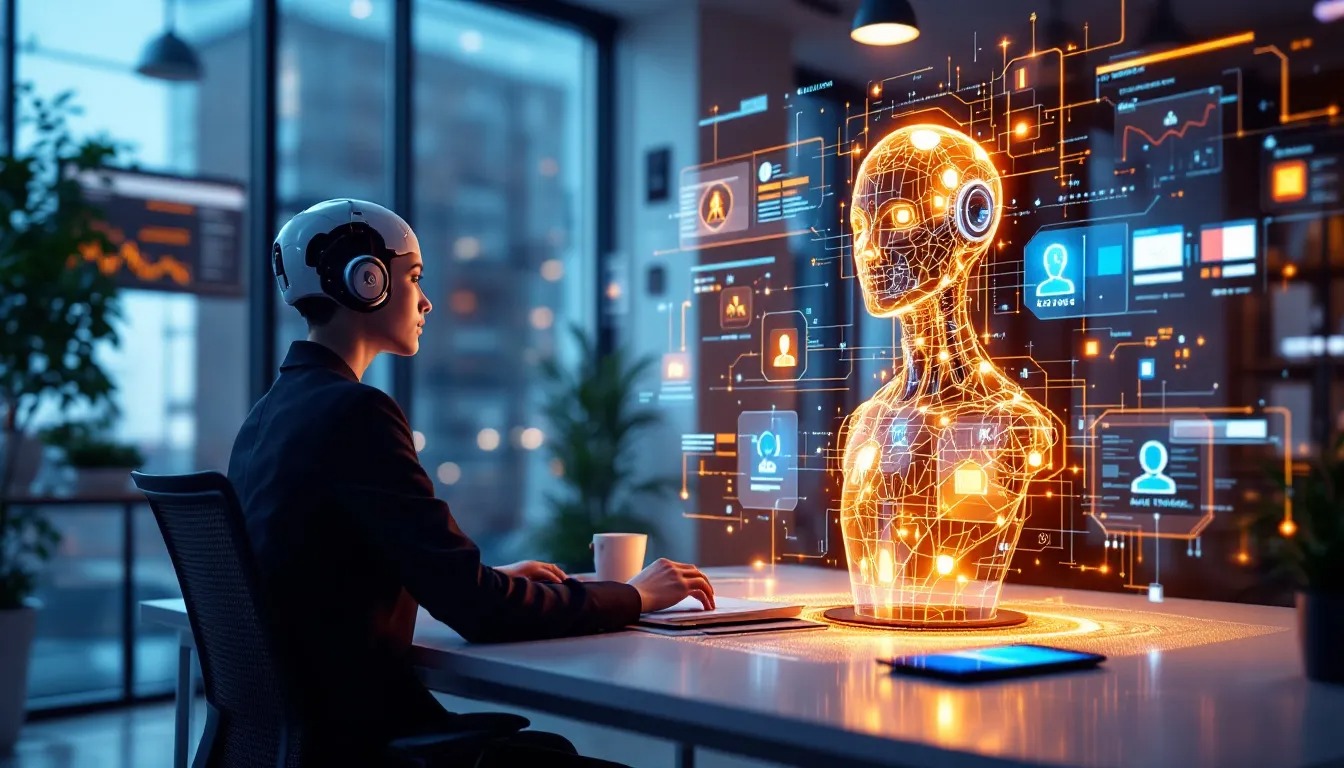Artificial Intelligence (AI) agents have become one of the most transformative technologies in recent years, reshaping industries, enhancing user experiences, and automating complex tasks AI Agents for Teams. But what exactly are AI agents, and why are they so important in today’s digital world?
What Are AI Agents?
An AI agent is a software entity that perceives its environment through sensors and acts upon that environment using actuators to achieve specific goals. Unlike traditional software, AI agents possess some level of autonomy, decision-making ability, and adaptability. They can interpret data, learn from it, and make decisions without constant human intervention.
These agents vary widely, from simple chatbots answering customer questions to sophisticated autonomous robots navigating complex terrains.
Types of AI Agents
-
Simple Reflex Agents: These operate on a straightforward condition-action rule — if a certain condition is met, the agent performs a specific action. For example, a thermostat that turns on heating when the temperature drops.
-
Model-Based Reflex Agents: These maintain an internal model of the world to handle partially observable environments, allowing more informed decisions.
-
Goal-Based Agents: These agents take actions directed towards achieving specific goals. They evaluate possible future states to decide the best path forward.
-
Utility-Based Agents: These go beyond goals and use a utility function to measure how desirable a state is, optimizing actions to maximize overall satisfaction.
-
Learning Agents: These can improve their performance based on experience, using methods like reinforcement learning or supervised learning.
Applications of AI Agents
AI agents are at the heart of many technologies and applications:
-
Virtual Assistants: Siri, Alexa, and Google Assistant use AI agents to understand voice commands and provide relevant responses.
-
Customer Service Bots: Many companies use AI agents to handle common customer queries, reducing wait times and increasing efficiency.
-
Autonomous Vehicles: Self-driving cars employ AI agents to perceive their surroundings, make real-time decisions, and navigate safely.
-
Smart Home Systems: AI agents control lighting, security, and climate systems, adapting to user preferences.
-
Finance: Automated trading bots analyze market data and execute trades at speeds impossible for humans.
-
Healthcare: AI agents assist in diagnostics, personalized treatment plans, and managing patient data.
Advantages of AI Agents
-
Efficiency: They can operate 24/7 without fatigue.
-
Scalability: AI agents can handle vast amounts of data and interactions simultaneously.
-
Consistency: Unlike humans, AI agents provide consistent output without bias or emotional influence.
-
Adaptability: Learning agents improve over time, adapting to new scenarios.
Challenges and Ethical Considerations
Despite their benefits, AI agents also raise challenges:
-
Transparency: Understanding how an AI agent makes decisions can be difficult, leading to trust issues.
-
Bias: If trained on biased data, AI agents can perpetuate unfair practices.
-
Job Displacement: Automation by AI agents might affect certain job sectors.
-
Privacy: AI agents often handle sensitive data, requiring robust safeguards.
The Future of AI Agents
The future promises even more sophisticated AI agents capable of complex reasoning, emotional intelligence, and collaboration with humans. Advances in natural language processing, computer vision, and reinforcement learning will empower AI agents to take on tasks previously thought impossible.
As AI agents continue to evolve, society must balance innovation with ethical responsibility, ensuring these powerful tools benefit humanity broadly.
